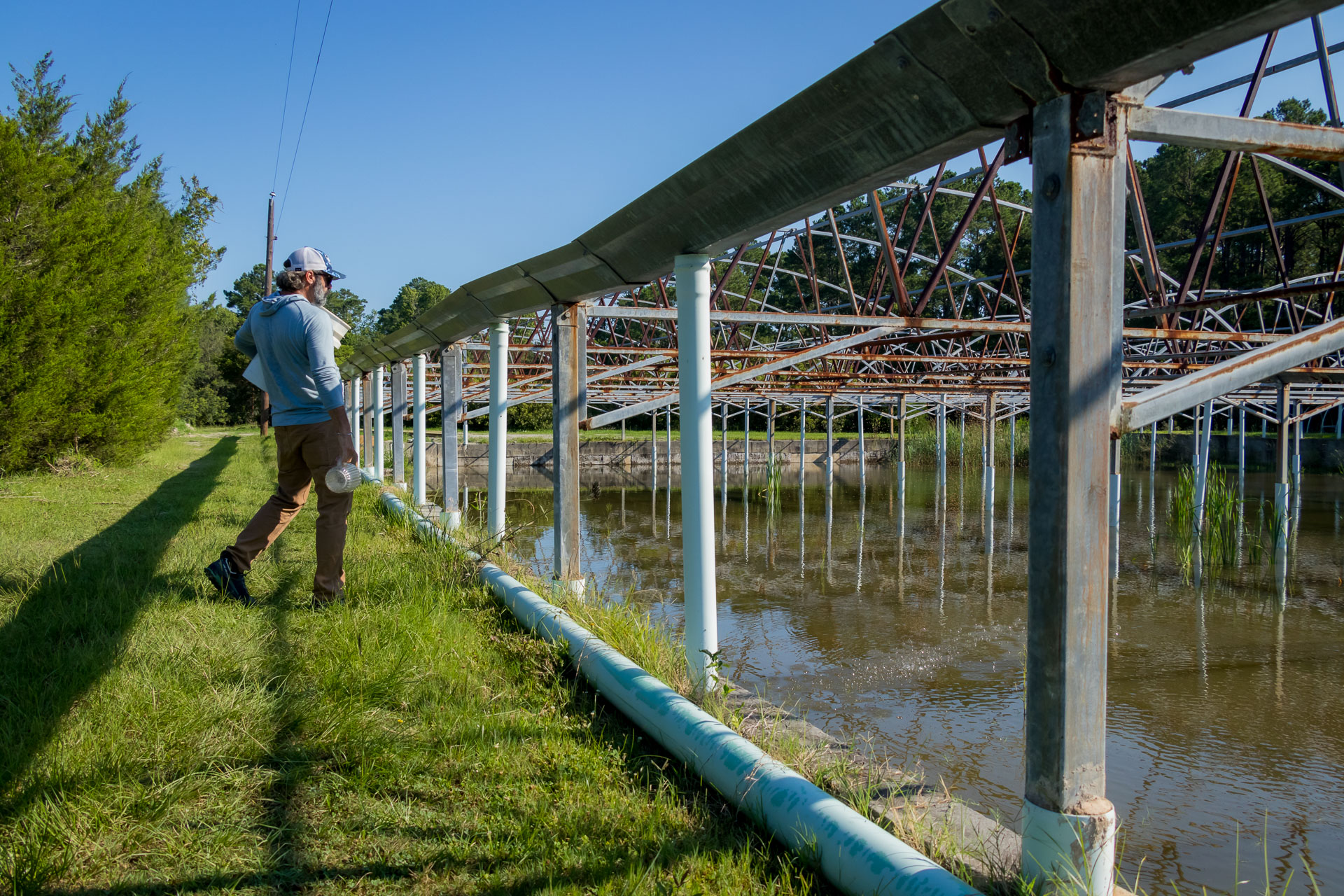Sustainability and Aquaculture: Facts You Need to Know

- Aquaculture is a sustainable way to meet the demand for seafood.
- Aquaculture reduces pressure on wild fish populations.
- Aquaculture can be done in an environmentally responsible way.
- Aquaculture can help to feed the world's population.
- Aquaculture supports local economies.
Aquaculture is a growing industry that provides a sustainable and responsible way to meet the world's increasing demand for seafood. Here are some important facts to know about sustainability and aquaculture:
1. Aquaculture is a sustainable way to meet the demand for seafood. The global population is growing, and so is the demand for seafood. Aquaculture provides a way to meet this demand without depleting wild fish stocks. In fact, aquaculture is the fastest-growing food production sector in the world and is projected to account for over 50% of global seafood production by 2030.
2. Aquaculture reduces pressure on wild fish populations. Overfishing is a significant threat to the world's oceans, and it can lead to the collapse of fish populations. Aquaculture provides an alternative to wild-caught fish, which helps to reduce pressure on wild fish stocks. By farming fish in controlled environments, we can ensure that we are not depleting wild populations, which is better for the environment and for future generations.
3. Aquaculture can be done in an environmentally responsible way. Sustainable aquaculture practices involve minimizing the environmental impact of fish farming. This includes reducing the use of antibiotics and chemicals, managing waste and pollution, and minimizing the use of wild fish for feed. At Southeast Fishery, we use natural methods for pond maintenance, such as aeration, beneficial bacteria, and biofiltration, to help keep our ponds healthy and clean without the use of harmful chemicals.
4. Aquaculture can help to feed the world's population. The United Nations predicts that the world's population will reach 9.7 billion by 2050, and food production will need to increase by 70% to meet this demand. Aquaculture provides a way to meet this demand for protein in a sustainable way. In fact, fish farming is one of the most efficient methods of protein production, requiring less feed, water, and land than other forms of animal agriculture.
5. Aquaculture supports local economies. Fish farming provides jobs and income for many communities around the world. At Southeast Fishery, we are proud to be a locally owned and operated business, and we are committed to supporting our local community. We believe that by promoting sustainable aquaculture practices, we can help to create a more resilient and sustainable food system for our region and beyond.
At Southeast Fishery, we are committed to promoting sustainable and responsible aquaculture practices that help to preserve the environment and ensure a healthy food supply for generations to come. We believe that by working together with our customers, partners, and the wider community, we can build a more sustainable future for all.
